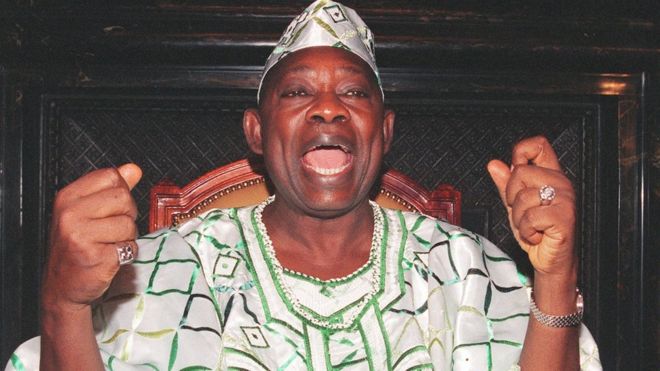The Nigerian House of Representatives has approved June 12, as the new designated day set aside to celebrate democracy day in the country.
The House of Representatives approved that June 12 be marked as Democracy Day in Nigeria during plenary on Thursday.
EFCC Slams NBA President with N1.4bn Fraud Charges
June 12, 1993 was the date of elections in Nigeria under the Military regime of Ibrahim Babangida which was adjudged to be the freest and fairest elections in the political history of Nigeria.
Chief M.K.O Abiola who contested on the platform of the Social Democratic Party (SDP) was the supposed winner of the elections but he was never declared winner by the Humphrey Nwosu led electoral body because the election was annulled by Ibrahim Babangida.
The annulment of the election sparked violent protests by Nigerians on the streets of Lagos which was the Federal Capital of Nigeria as well as other South-western states in the country.
The backlash from the annulment of the 1993 election forced military head of state, Ibrahim Babangida to step down from office, installing an interim National Government headed by Ernest Shonekan to oversee the affairs of the nation.
The Shonekan Interim National Government was however too weak and could not perform basic government duties; the ING was removed three months later by Sani Abacha.
Abacha would go ahead to be Nigeria’s most feared and dictatorial leader under whose watch the country fell to economic ruins and became a pariah nation.
The approval of the new democracy day followed the adoption of a report on a bill seeking to amend the Public Holidays Act 2004.
Considering the report at the plenary on Thursday, the lawmakers approved the amendments to three clauses in the Act, as recommended in the report.
One of the clauses deleted May 29 as Democracy Day and replaced the date with June 12.
May 29, had been celebrated in the country as Democracy day, being the day the reins of government was officially transferred from the military to the civil authorities.

